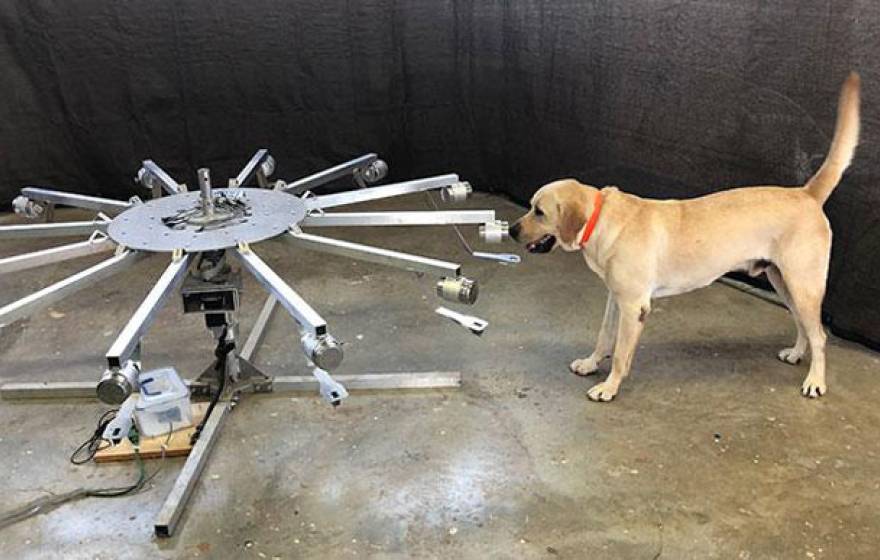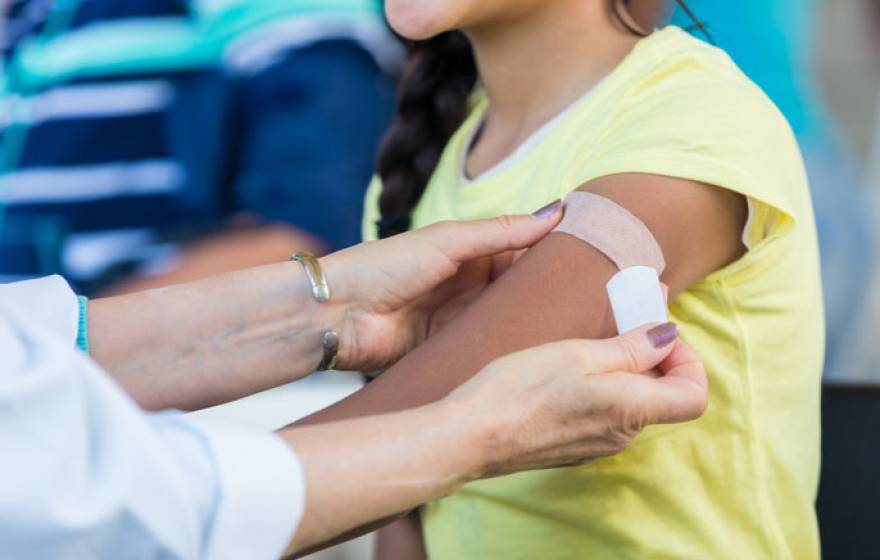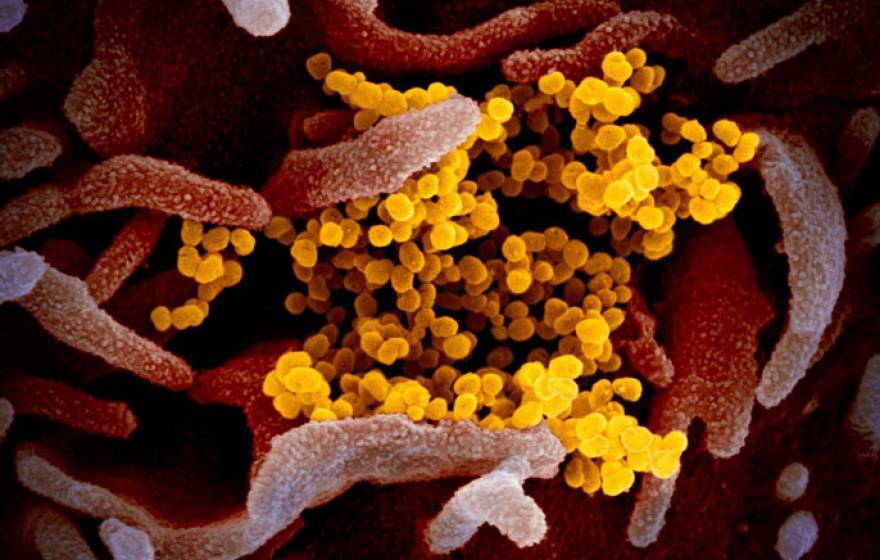Research shows intermittent fasting is not effective on its own for weight loss.
Statins reduce COVID-19 severity, likely by removing cholesterol that virus uses to infect
Researchers discovered that cholesterol-lowering statins reduced risk of severe COVID-19 infection.
New UC poll: Concern over current events could spur record numbers of young adults to vote
The state’s newest voters are paying close attention to the issues, and nearly 60 percent plan to vote early, most of them by mail.
‘Awe walks’ boost emotional well-being
Awe leads to more positive feelings, and helps us intervene with negative ones, study says.
Why you should never feel guilty about getting a good night’s sleep
UCLA researchers behind a new study on the human brain say ‘sleep is as important as food.’
New poll: California youth carefully following COVID-19 health guidelines, motivated to vote because of pandemic and protests against racial injustice
More than 80 percent of California youth say they are strictly adhering to social distancing guidelines and 2 out of 3 are concerned about lifting public health restrictions too quickly, according to a new poll the University of California released today (Sept. 21).
Can dogs detect COVID-19?
Some very good dogs are trying.
Why getting a flu vaccine is more important than ever in 2020
We may not have a vaccine for COVID-19, but we do have one for the flu. Help vulnerable populations this fall by getting your flu shot.
How we sleep today may forecast when Alzheimer’s disease begins
Get some more sleep — deep, restorative slumber may defend against virulent dementia.
First ‘plug and play’ brain prosthesis demonstrated in paralyzed person
In a significant advance, researchers have developed a way to make prosthetics ‘learn’ better from the brains that control them.
The marshmallow test, revisited
Children will wait longer for a treat to impress others, new psychology experiments show.
COVID-19 may have been in Los Angeles as early as last December, UCLA-led study suggests
An unexpected 50 percent uptick in patients presenting with respiratory illnesses may indicate pre-pandemic arrival of the coronavirus.










